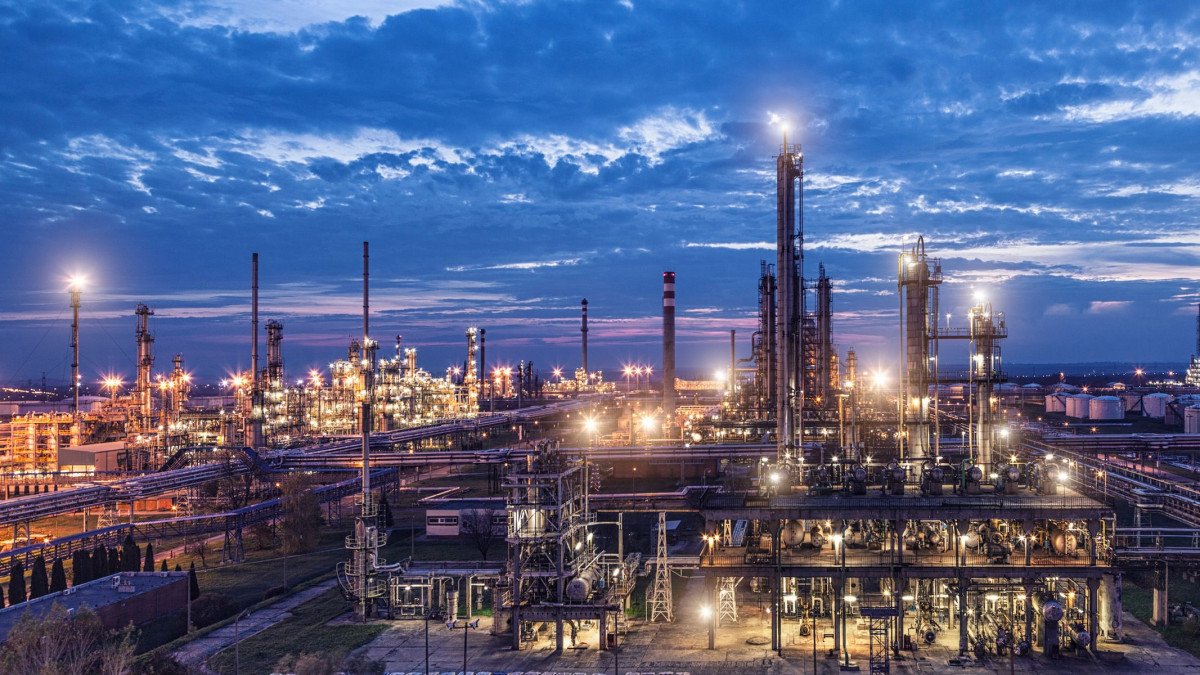One day after the Hungarian government ended, with immediate effect, the cap on automotive fuel prices, it also issued an ordinance for a 95 percent windfall tax on the country’s largest oil and gas group MOL.
The tax will be on all profits realized due to the price difference between the international standard Brent crude oil and the Russian, so-called Urals blend.
“In recent days, the oil sanctions imposed by Brussels have come into force, and what we feared has happened. Sanctioned gas prices are now in force across Europe,” Prime Minister Viktor Orbán wrote on his Facebook page after Wednesday’s cabinet meeting. “In Hungary, the extra profit generated by this will be deducted and channeled into the utility protection fund,” he added.
On Tuesday, the Hungarian government discontinued a year-long price cap on automotive fuels, saying that MOL could no longer guarantee a consistent fuel supply without imports.
After the price cap was discontinued, gas prices rose from an average of 480 forints (€1.16) to 641 forints (€1.59) per liter, and diesel hit 699 forints (€1.70) per liter.
The MOL group operates three refineries in the region, one in Hungary, one in Slovakia, and a third one in Croatia; all are fed by mostly Russian crude oil arriving via the Friendship oil pipeline, imports through which are exempt from the European Union’s sanctions.
Since the beginning of the war in Ukraine, the price of the two types of crude, which previously ran in tandem, have been dissociated, with the Urals blend currently $26.24 cheaper per barrel. The windfall tax on MOL’s Urals oil gains was originally 25 percent and was then increased to 40 percent at the end of July.
MOL’s share price, which rose from 2,818 forints to 2,916 forints following the announcement of the fuel price cap discontinuation, took a hit on Wednesday after the windfall tax was announced, dropping 5.8 percent from its daily high.






